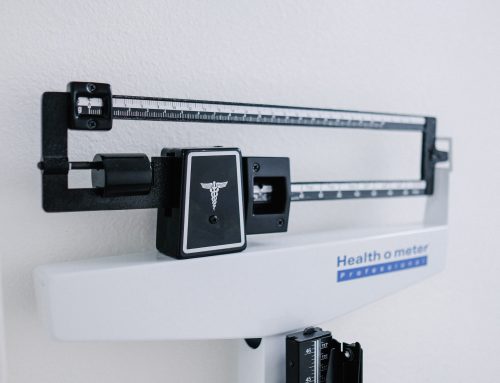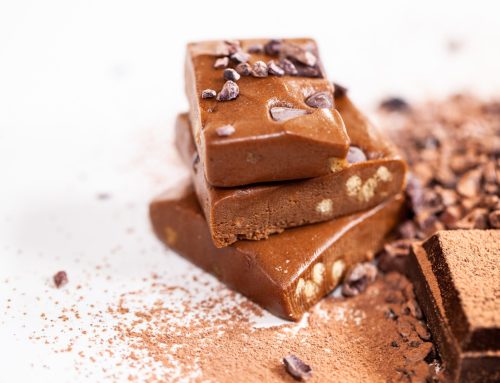The article, The Impact Glyphosate Can Have on Your Health, by Chris Kresser, M.S., L.Ac., sheds some light on the latest research regarding the safety of glyphosate in food. This is a very comprehensive article, so I’ve tried to summarize some points for you, in this post. If you’re interested in learning more on any of the below topics, I’d encourage you to check out the full article. While looking into this topic, it became clear that GMO (genetically modified organisms) and glyphosate were two different things, but they are often used in conjunction. You can read more on GMO’s, HERE.
Glyphosate was introduced to our food systems in 1996, via the popular weed killer, Roundup, made by Monsanto. Crops like soy, corn, and wheat, were genetically engineered (GMO) to be resistant to the effects of Roundup, once applied. Since its introduction, glyphosate use has become increasingly popular.” In 2014, American farmers dumped 240 million pounds of glyphosate-based herbicides on crops like corn, wheat, and soy.” (Kresser)
Glyphosate contamination is far reaching at this point. It’s found in the meat and milk of livestock that are fed the contaminated grains, the crops themselves and foods that contain those crops, and even our water and soil.
“Human epidemiological studies have found correlations between glyphosate exposure and increased risk for kidney failure, fertility problems, cancer, birth defects, and more (citation in article). Although epidemiological studies alone can’t determine causation, these results give us pause and motivate further research to investigate glyphosate’s impact on health.” (Kresser).
Speaking of research, you can easily find some to support the safety of glyphosate. Chances are, these studies have been funded by a company that has financial ties to the use of these farming practices. There is BIG money being made by the producers of these chemicals. It’s not uncommon for studies to be biased and lead to conclusions that support the funding party. Chris Kresser does a nice job of citing research that’s both non biased and thoughtfully performed. I rely on researchers like him, because I trust his expertise in sifting through the published literature and pulling out the most trustworthy and meaningful information.
Although Roundup makes production cheaper, faster and easier, is it safe for our consumption and for our environment?
Here are the the factors that we know, that lead to to the conclusion, that glyphosate containing foods are likely not safe and should be avoided when possible. You will also find information below, on how to reduce your exposure.
- In 2015, over 40 years after glyphosate was first approved, the World Health Organization’s International Agency for Research on Cancer declared glyphosate as “probably carcinogenic to humans” based on both human epidemiological data and controlled rodent studies
- Glyphosate disrupts our gut microbiome
- Glyphosate disrupts the P450 enzyme, which plays a role in detoxification, hormone and cholesterol balance
- Glyphosate was shown to induce human breast cancer cell proliferation via estrogen receptors. It also may disrupt hormone balance
- Glyphosate chelates (binds to) minerals and makes them unavailable to our bodies
- Glyphosate use, poses a large, negative environmental impact
According to Kresser, “It’s important to note that most of these mechanisms, although plausible in theory, have not been unequivocally proven in humans. But as far as I’m concerned, glyphosate is still on trial and should be avoided whenever possible.”
One of the best ways to reduce your exposure to glyphosate is to eat organic, whenever possible. I often refer to the EWG lists of the the dirty dozen and clean 15, if you need to prioritize your money. Personally, this is one of the ways that I prioritize our food budget. We also give more priority to clean sources of animal based foods, as they accumulate toxins from the GMO and pesticide laden animal feed.
See Chris Kresser’s FULL ARTICLE here, to read more on these glyphosate related topics:
- Reducing your exposure
- The environmental impact
- The theory about Celiac disease and gluten sensitivity
- Sifting through the literature
 My office is open for in-person and virtual appointments. Here is the
My office is open for in-person and virtual appointments. Here is the 



